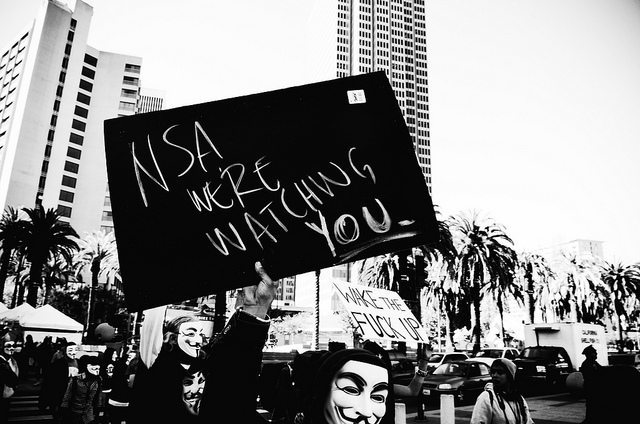No progress has been made when it comes to media freedom in Serbia, says the Organization for Security and Co-Operation in Europe (OSCE). As debate heightens over government involvement in the media, the Serbian minister of culture and information has admitted the public service broadcaster will need money from the federal budget. A regional media conference in Belgrade, organized by the OSCE, provided the perfect opportunity to openly discuss the future of the media in Serbia and to compare similar challenges to media freedom in the region as a whole. Coincidently, it was also used as a platform for the government to reveal their plans for financing media outlets – the public service broadcaster in particular. On her first official visit to Belgrade, OSCE representative on freedom of the media, Dunja Mijatovic, spoke to journalists and representatives of the government, non-governmental organizations and monitoring bodies in order to collate detailed information about obstacles to media freedom in the region. As anticipated, she received assurances that a free media is crucial to Serbian society and that the state would withdraw ownership of the media in accordance with the Media Strategy (a document produced by the Ministry of Culture and Information and the Associations of journalists in cooperation with experts from the European Union). However in reality, it seems as though the realization of these assurances may take some time.
The minister of culture, Bratislav Petkovic, told the public that the current government inherited a “disastrous” situation with the public service broadcaster in crisis and state ownership of the media remaining controversial. Still, toward the close of the conference, Petkovic said that the issue of financing the public service broadcaster would be resolved by spring 2013 and that it was likely that money would have to be allocated from the federal budget. Although the revision of the Media Strategy was one of the key proposals at the conference, the minister went one step further and asked whether rumors were true that members of the Serbian president’s cabinet were preparing a Media Strategy behind closed doors. Petkovic claimed that it was not an informal group discussing the issue, but that it consisted of the “president’s media advisors who were assisting him”. President of the Independent Journalists’ Association of Serbia (NUNS), Vukasin Obradovic, criticized the government’s attitude, placing particular emphasis on “the scandalous fact that some people in the cabinet of the president are preparing the media strategy without anyone’s knowledge”.
(Un)usable Laws:
Mijatovic pointed out that Serbia and other countries in the region have media laws that are generally of good quality, but they’re not implemented. Sandra Basic Hrvatin, a media expert from Slovenia, also pointed out that it’s not the laws themselves that are problematic but their execution, and that Slovenia was “a hostage to private interests and paralyzed by corruption”. Similarly, in Bosnia and Herzegovina there are three public service broadcasters which champion particular interests influenced by the political strategies of the different entities. When it comes to freedom of the media, Mijatovic was not optimistic, describing the region as stagnating. She insisted that “journalists should pressure their governments” and act together to push for progress. In her opinion, the main problems are the inadequate functioning of independent regulatory bodies, the financial crisis in the public service broadcaster that has diminished its independence, and the fact that investigative journalism has become nearly extinct. Another problem is the existence of monopoly in the media scene, which is directly related to non-transparent ownership.
Head of the EU delegation to Serbia, Vincent Deger, agrees that state ownership of the media is one of the main issues threatening its freedom. He pointed out that regional public service broadcasters would be completely unsustainable given that the existing public service broadcasters are barely functioning. He also observed that political pressure on the media is not so obvious anymore, but that economic pressures are. Ardian Adifaj, a media analyst from Kosovo who also attended the conference, explained that a legal framework was formulated after the UN entered Kosovo, but that the government of Kosovo has the ability to manipulate it despite officially having no direct control over the media. Domestic experts and representatives of journalistic associations were very pessimistic about Serbia’s media scene. President of the Journalists’ Association of Serbia (UNS), Ljiljana Smajlovic, said, “the most pro-Western government Serbia has ever had actually instituted the tightest control over the media”. She continued, “when their work was done, there was less opposition and fewer independent media outlets in the media scene than during the rule of Slobodan Milosevic.”










































